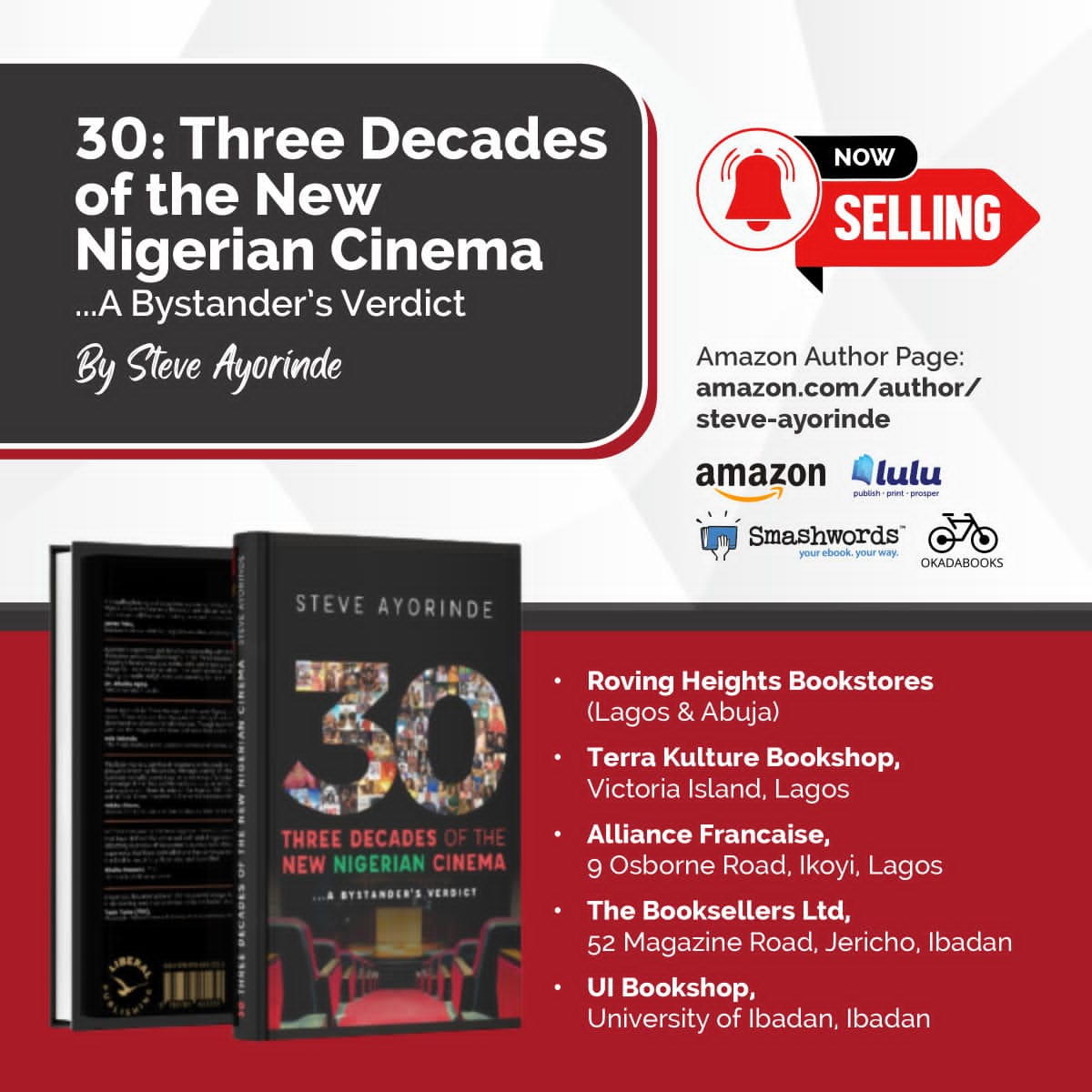Picture this: a cloud of smoke, the sound of tyres screeching and a mesmerised crowd. A late-80s BMW, colloquially known as the Gusheshe, spins at high speed with the driver hanging out the car window. This is not a film stunt but a thrilling sport in South Africa, popularly known as spinning.
Filmmaker Ernest Nkosi is a passionate promoter of the electrifying sport of spinning. His first production featuring the sport was South Africa’s first televised car spinning competition, So You Think You Can Spin, in 2016.
“So You Think You Can Spin was a 13-part competition TV series that tested drivers through various obstacles with knockout courses till a top-six and an audience vote to determine an eventual winner,” comments Nkosi.
The series was pitched under the Monarchy Group by Nkosi to free-to-air channel e.tv. From October to December 2016, So You Think You Can Spin garnered almost a million viewers per episode. The thrilling show put the controversial world of spinning in the spotlight and forced the public to rethink the negative connotations often associated with the sport.
Car spinning is legal and has been officially recognised by the country’s regulatory body for all motorsport, Motorsport South Africa (MSA), since 2010. The sport has also been endorsed by the World of Motorsport South Africa (WOMZA) and the South African Sports Confederation and Olympic Committee (SASCOC) since 2014.
“Spinning now happens in big arenas under controlled conditions, attracting audiences of over 15 million people annually, making it the biggest motorsport in the country,” Nkosi shares. Furthermore, there is a growing interest of the sport beyond our borders with the great possibility of the industry going mainstream.
Nkosi’s latest production, the documentary An Ordinary People, is an in-depth account of the sport of spinning and the subcultural elements that have emerged from different parts of the country. “An Ordinary People is a feature-length documentary film that traces the cultural origins and follows some of the culture’s elite practitioners. The backdrop is wisdom from freedom fighters of yesteryear,” says Nkosi.
Principal photography on the film commenced after the completion of the So You Think You Can Spin TV series in 2016. The film has been a work-in-progress project for almost four years and only officially wrapped in June this year.
Nkosi is the writer and director of the film; he worked alongside Nhlane Enos Manthata and Thato Dhladla to produce the film. Speaking about the film’s production journey, Nkosi says: “There were challenges but none bigger than the mental one. How do you stay motivated to see something through from start to finish? It’s almost four years later from the first day of production. How you overcome this is with a solid team and like-minded talented individuals that believe they can move the needle forward when it comes to this film stuff.”
Much like the television series, Nkosi and his team travelled across the country as well as to neighbouring countries, including Namibia and Swaziland, to gain a better understanding of the impact and popularity of the sport over the years.
“Research was key to making the film,” highlights Nkosi. “We immersed ourselves in the culture, travelling the country and neighbouring countries, getting to know the scene and state of the culture and finding the respective regions’ most talented drivers and stuntmen.”
Professional spinners and sportsmen featured in the film include So You Think You Can Spin season one winner Samkeliso “Sam Sam” Thubane; Mpumalanga wheel spinners (and brothers) Muzi and Myboet Thubane; as well as other profiled acts such as Lefa “Lentja” Motloung, Bradleigh “Skopas” McGregor, Mckeenan “Troubles” du Plessis, Anele “Muzi” Mbuqe and Kaylin “Kayla” Oliphant. According to Nkosi, there are over 3,000 registered professional drivers and stuntmen: the industry is thriving and the state of the sport and culture has never been better.
An Ordinary People was shot over three and a half years and spent nine months in post-production. Nkosi says that the film has an “enhanced reality” look and feel, with “no CGI… no gimmicks.”
Cinematographers Motheo Moeng and Nyembezi Ncaba shot the film on the flexible Sony FS7 camera as well as the popular action GoPro Hero4 camera. Editing was done by James O’ Sullivan and music was supplied by Mpho Nthangeni and Banele Mtwa. Post-production duties included sound design and final mix by Sterling Sound and Beyond Sound, then grading by Comfort & Frame.
An Ordinary People has been selected as the opening film at the 8th annual Jozi Film Festival (JFF), which takes place from 3 October until 6 October 2019. The first time Nkosi showcased at JFF was in 2015, when he presented his first feature film Thina Sobabili which won the Audience Choice Award and soared to success. “My career highlights are definitely getting to compete for an Oscar and Golden Globe with our first feature film, Thina Sobabili, that journey was incredible,” recalls Nkosi fondly.
Since then, Nkosi has built a solid professional relationship with the founder of JFF, Lisa Henry, and volunteered his time and skills on previous editions of the festival. Henry remembers her first encounter with the filmmaker: “I first met Ernest when he submitted his film Thina Sobabili to JFF. I loved the film and recognised his talent but didn’t know his film was a student film until we met – that made it even more impressive.”
“His new film is billed as a private screening/free screening as it is in the running for a few big international film festivals which require World Premiere status. We hope this happens for him and his team and we’re delighted to give Jozi audiences a first look,” adds Henry.
“Lisa Henry is a visionary and genius. She came through to a test screening, we were having for the film and figured out a way for us to show the film while still making tweaks to it… so I will forever be grateful to her and the people at Jozi Film Festival,” comments Nkosi.
Nkosi and his team have started submitting the film to some of the world’s most influential festivals and they are hopeful for positive feedback. “I think the film will resonate with audiences locally and internationally because we were honest in the making of the film. The culture demands authenticity, the characters are real, the action is real – and if you tell the truth in your work, it’s bound to fall on fertile soil,” Nkosi concludes.
KEY CREW
Writer and director: Ernest Nkosi
Producer: Nhlane Enos Manthata, Thato Dhladla and Ernest Nkosi.
DOP: Motheo Moeng (SASC) and Nyembezi Ncaba
Editor: James O’ Sullivan
Sound: Mpho Nthangeni and Banele Mtwa
—-
Source: ScreenAfrica



